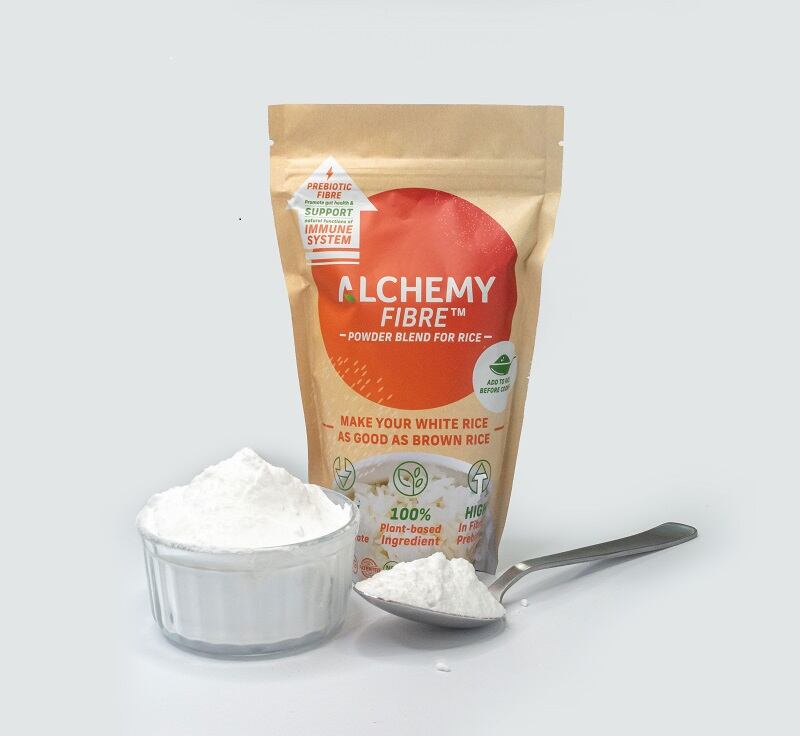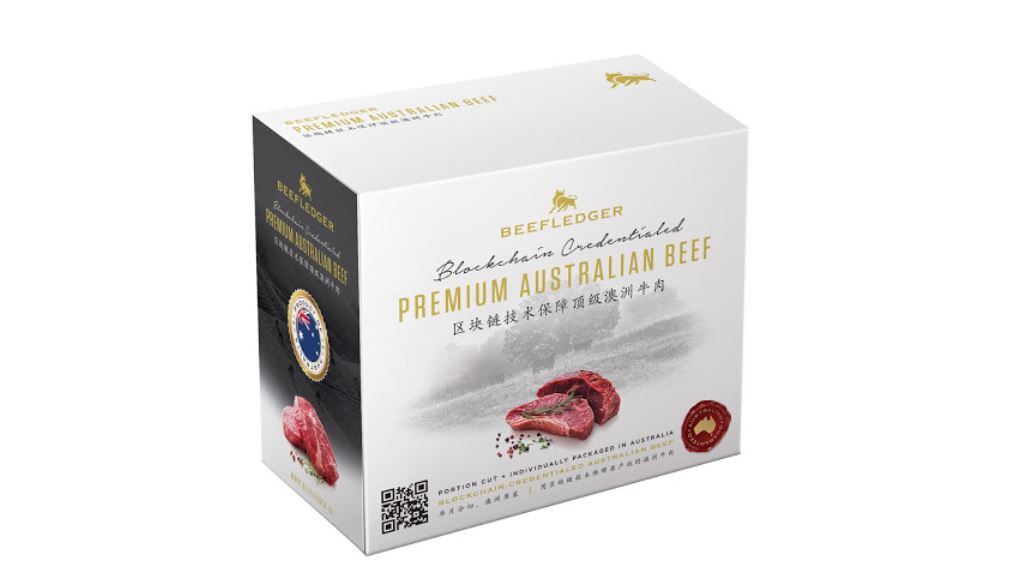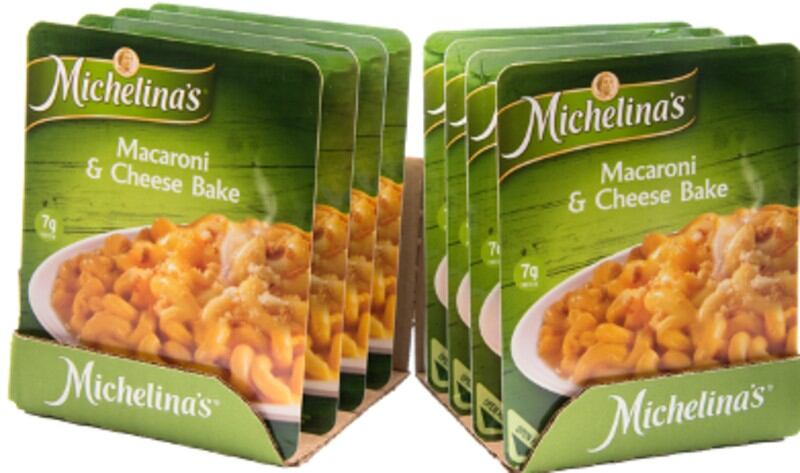When we last spoke to Alchemy Foodtech in 2019, the team had just opened its own laboratory Cooklab@Alchemy. A year and a half on, it has moved into the product commercialisation phase with its first product Alchemy Fibre – formerly known as 5ibrePlus - targeting the GI-lowering of regular rice.
“We have developed more than 10 different blends of Alchemy Fibre to be used for different types of carbohydrate foods, and this first launch is a powder blend for rice which will lower the GI of any rice it is added to without changing taste or texture,” Alchemy Foodtech Chief Food Fighterand Co-Founder Verleen Goh told FoodNavigator-Asia.
“Rice was our choice for the first launch as it’s easily the main staple in Singapore as well as many countries in Asia, and is also the most sensitive to try and change culturally – elderly folk will not react well if you try to ask them to eat less rice, or sometime even to switch to brown rice, and with Alchemy Fibre, there is no need to make any change to diets to get the lower-GI benefit.”
Alchemy Fibre is a slowly-digestible carbohydrate containing a patented blend of all-plant-based ingredients such as corn, tapioca and peas which lowers the glucose release levels of any food it is added to – in rice, for example, adding a spoonful of Alchemy Fibre to white rice before cooking brings it on par with brown rice GI, whilst maintaining the softness of the former.
Alchemy Foodtech is also planning to release a range of other GI-lowering Alchemy Fibre blends moving forward, targeting carbohydrate-based foods such as bread, noodles and pau.
“We’ll also be launching an all-purpose flour blend soon, as well as a series of pre-mixes with no sugar added for baking, so this will cover things like muffins and brownies. The same concept will apply here which is to lower the glucose release rate,” added Goh.
“In addition, we are also working with our food manufacturer partners such as Gardenia and TSK noodles to release products like bread and noodles already incorporated with Alchemy Fibre into supermarkets in the coming months.
“The differences between all the Alchemy Fibre product blends depends on things like solubility, temperature, pH and so on, and we have tweaked the different ingredients to ensure that the end-product texture and mouthfeel remains the same as consumers expect.”
The team is also looking to go beyond Singapore with Alchemy Fibre, although the main focus will still remain in Asia for now.
“We have investors from China and Thailand, and there’s been a lot of interest from Indonesia too, so we’re doing a lot of market research currently to see how we can bring these over there,” said Goh.
“The focus will mainly still be in Asia for now though, as based on current statistics, about 60% of the 450 million diabetics worldwide are currently found in Asia, and the impact Alchemy Fibre can have in the region is strong because consumers eat a lot of refined carbohydrates.
“Based on impact, we do see China as a pretty big opportunity market for us mainly because about one-third of the adults in China are diabetic, and so we are working on this as well.”
At present, Alchemy Fibre for rice is available online either at the firm’s website, Shopee or Lazada at S$9.90 (US$7.23) for250g or S$18.90 (US$13.80) for 700g.
Other benefits
In addition to GI-lowering, Alchemy Fibre also contains the prebiotic fibre inulin, which acts as a food source for probiotics in the gut and has been proven to help with gut health and immunity.
“The immunity aspects were particularly exciting to consumers due to the sudden onset of COVID-19, where it suddenly became a top trend,” said Goh.
“COVID-19 was also one of the reasons we decided to launch the fibre for rice now, as there was also an uptrend in cooking at home and more mindful eating alongside products to strengthen and boost immunity, and Alchemy Fibre ticked all the boxes.”
In addition, a strong convenience factor came into play here as the fibre was again viewed as a very easy way to not only lower GI but also incorporate prebiotics into most diets, especially for elderly consumers who most need it at this time.
“This way, there’s no need for consumers to convince their parents to eat another tablet or drink another drink to boost immunity, but they can just do so through their daily staple, and there is also no resistance as there is no difference in taste compared to what they are used to,” she said.
Education first
Apart from selling directly to consumers online, Alchemy Fibre has also been launched via food service together with the firm’s 20 eatery partners that have incorporated the fibre into their regular menus – a move Goh said is aimed at educating the public about the product before moving into general physical retail.
“We’ve started with heritage brands here in Singapore such as Boon Tong Kee chicken rice and Yu Kee duck rice – these are very traditional brands with strong consumer bases, and as such are a very good touch point to educate consumers,” said Goh.
“So this way we’re working on getting awareness of our product out there, and consumers can just drop by and try a plate if they’re curious before buying the product.
“In addition, our partners will have the Alchemy Fibre logo displayed on their menus to get consumers used to these, so in the future when we launch other products or products together with our manufacturing partners, we want this logo to be recognized when these go onto supermarket shelves.”
In addition, feedback from multiple restaurant partners has generally been that adding Alchemy Fibre into rice, congee or bakery products has resulted in improved texture and mouthfeel.





